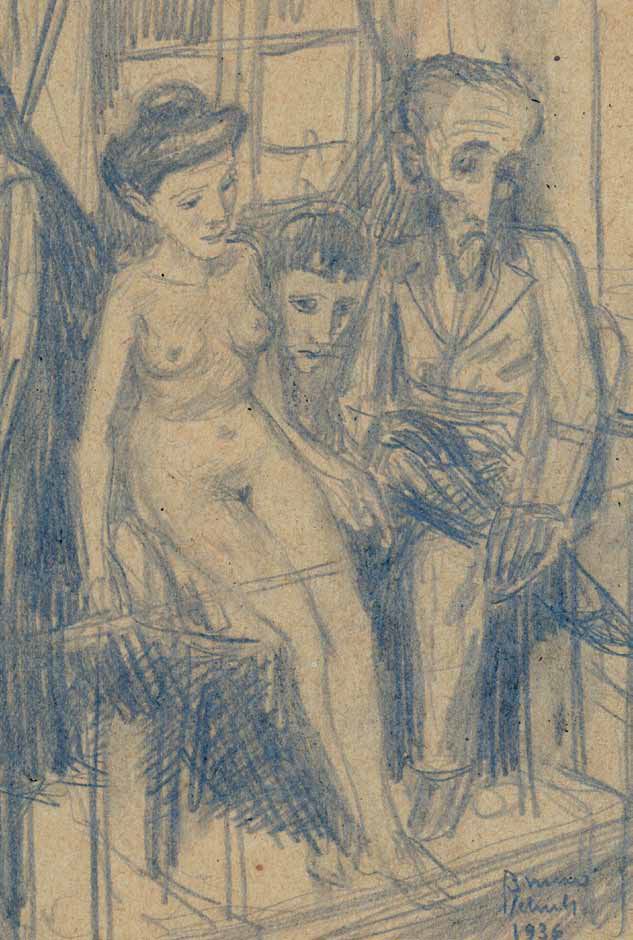Komentowanie i oczywistości
Abstrakt
The author makes a general statement that writers such as Bruno Schulz, who do not help their audience interpret their texts, require commentary that is potentially boundless. Referring to the tradition of Polish editorship and textual studies, he specifies the list of tasks of the commentator – in this case the commentator of Schulz’s fiction – which includes explaining not only the meaning(s) of particular lexical items or cultural allusions, but also all the potential ambiguities at the level of interpretation. This is why, according to Rosiek, commentary occupies the space between “lexicon and interpretation,” and there are no rules that may help a particular editor find his or her way about there. The most important universal directive it to explain virtually everything since the continuity of culture, connecting different generations is no longer a fact, if it ever was one.
Downloads
Bibliografia
Bruchnalski W. 1923. „Próba kanonu”. Pamiętnik Literacki.
Friedberg Marian. 1963. Wydawanie drukiem źródeł archiwalnych. Metoda i techniki pracy edytorskiej. Warszawa: PWN.
Górski Konrad. 1975. Tekstologia i edytorstwo dzieł literackich. Warszawa: PWN.
Loth Roman. 2005. Podstawowe pojęcia i problemy tekstologii i edytorstwa naukowego, Warszawa: Wydawnictwo IBL.
Starnawski Jerzy. 1992. Praca wydawcy naukowego. Wrocław: Ossolineum.
Trzynadlowski Jan. 1979. Autor, dzieło, wydawca. Wrocław: Ossolineum.

 Uniwersyteckie Czasopisma Naukowe
Uniwersyteckie Czasopisma Naukowe





